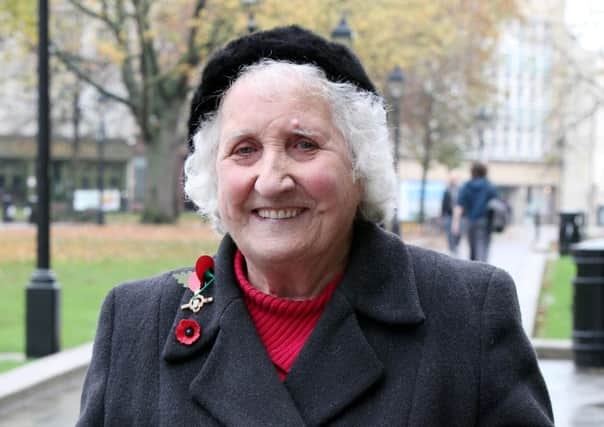Charity fundraisers ‘believed they were above the law’


Christopher Graham told MPs that the Institute of Fundraising (IoF) and other leading charities had sought “wiggle room” from the data protection watchdog over the sharing of people’s personal details to raise funds.
The NSPCC, Oxfam and the RSPCA were called to give evidence to the House of Commons public administration committee following a spate of scandals over donors being bombarded with letters and phone calls and having their personal information passed on.
Advertisement
Hide AdAdvertisement
Hide AdThey included poppy seller Olive Cooke, who received up to 267 letters a month asking for donations before her death and widower Samuel Rae, who was conned out of thousands of pounds as a result of charities buying and selling his personal details.
Mr Graham told the committee: “I became increasingly concerned that the evidence was that the charity fundraisers believed that they were somehow above the law and a special case.
“It took an awful lot of persuading that there wasn’t a trade-off to be done.
“I had to explain, sometimes in rather blunt terms to some leading charities: ‘I’m sorry, there isn’t a trade-off here, that’s the law you’ve got to stick to it’.”
Mr Graham said it would make a “huge difference” in helping tackle the “dirty world” of sharing people’s personal information if rogue individuals knew they could go to prison.
Daphne Harris, chair of the RSPCA’s board of trustees, told the committee: “What happened to Mr Rae was totally unacceptable and I apologise unreservedly.
“We didn’t know this had happened. You might think we should have known but we didn’t and that’s the truth. It’s not right a vulnerable person should have this happen.”